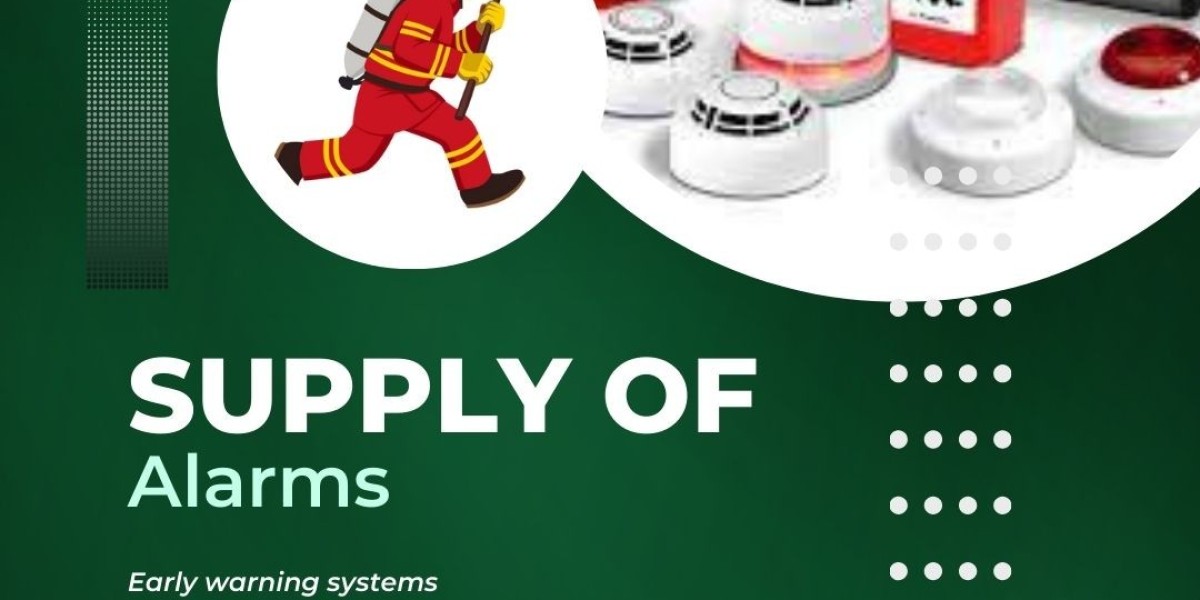enerally structured to maximize productivity and creativity. Here’s a breakdown of the typical components:
Pre-Event Planning: Before the hackathon, organizers set a theme, gather resources, and create a schedule. They may also invite mentors, industry experts, and judges who will guide participants and evaluate the outcomes.
Team Formation: Participants usually form teams of varying sizes, often mixing skills and backgrounds to encourage collaboration. This diversity fosters unique perspectives, which can lead to innovative solutions.
Idea Generation: Once teams are formed, they brainstorm ideas that align with the hackathon’s theme. This phase is crucial as it sets the direction for their project.
Development Phase: During this intensive period, teams work on their projects, coding and building prototypes. This phase often involves long hours, fueled by collaboration and, sometimes, snacks!
Presentation and Judging: At the end of the hackathon, teams present their projects to judges and other participants. Presentations typically include a demo of the product and an explanation of the problem it solves. Judges evaluate the projects based on criteria such as creativity, technical execution, and potential impact.
Networking and Feedback: Hackathons also serve as networking opportunities, allowing participants to connect with industry leaders, potential collaborators, and like-minded individuals.
Why Hackathons Matter
At TheHackTech, we believe that hackathons are not just events; they are catalysts for innovation. Here are several reasons why hackathons are valuable:
Encouraging Creativity: Hackathons create an environment where traditional hierarchies are diminished, and every voice can contribute. This encourages participants to think outside the box and develop creative solutions without the constraints of their daily roles.
Rapid Prototyping: The time-limited nature of hackathons pushes teams to develop prototypes quickly. This rapid iteration can lead to breakthroughs that might take months in a conventional development cycle.
Skill Development: Participants often have the opportunity to learn new technologies, tools, and methodologies. Hackathons foster an environment of continuous learning, which is essential in the ever-evolving tech landscape.
Team Building: Working collaboratively under pressure strengthens relationships among team members. The shared experience of tackling challenges together fosters camaraderie and improves teamwork in the long run.
Identifying Talent: For companies like TheHackTech, hackathons serve as a recruitment tool. Observing participants' skills, creativity, and collaborative spirit can help identify potential hires who align with the company culture.
Driving Business Value: The projects developed during hackathons can lead to new products, features, or improvements that drive business value. Companies can leverage these innovations to stay competitive and meet evolving customer needs.
TheHackTech's Approach to Hackathons
At TheHackTech, we have embraced hackathons as a cornerstone of our innovation strategy. We host several hackathons each year, each designed to tackle specific challenges within the tech industry. Here’s how we implement our hackathons:
Diverse Participation: We encourage participation from all departments, including engineering, marketing, sales, and even human resources. This diversity enriches the brainstorming process and results in multifaceted solutions.
Collaborative Environment: Our hackathons are designed to be inclusive and supportive. We provide access to resources, mentorship, and tools to help teams succeed. This ensures that all participants feel empowered to contribute their ideas.
Focus on Real-World Challenges: We align our hackathon themes with real-world challenges faced by our clients or the industry. This relevance drives engagement and ensures that the solutions developed have practical applications.
Post-Hackathon Support: We don’t just stop at the event’s conclusion. We provide ongoing support for the projects that show promise, including resources for further development and potential integration into our product line.
Celebrating Success: We celebrate the achievements of our participants through awards, recognition, and opportunities for further collaboration. This reinforces the value of their contributions and motivates them for future events.
Conclusion
hacktech are more than just a trend; they are a vital aspect of fostering innovation and collaboration within organizations. At TheHackTech, we leverage the energy and creativity of these events to solve real problems, develop new ideas, and strengthen our team. As we continue to embrace hackathons, we look forward to the future innovations that will emerge from these collaborative efforts. In a world where technology is constantly evolving, hackathons provide the perfect platform to push boundaries and drive meaningful change.







